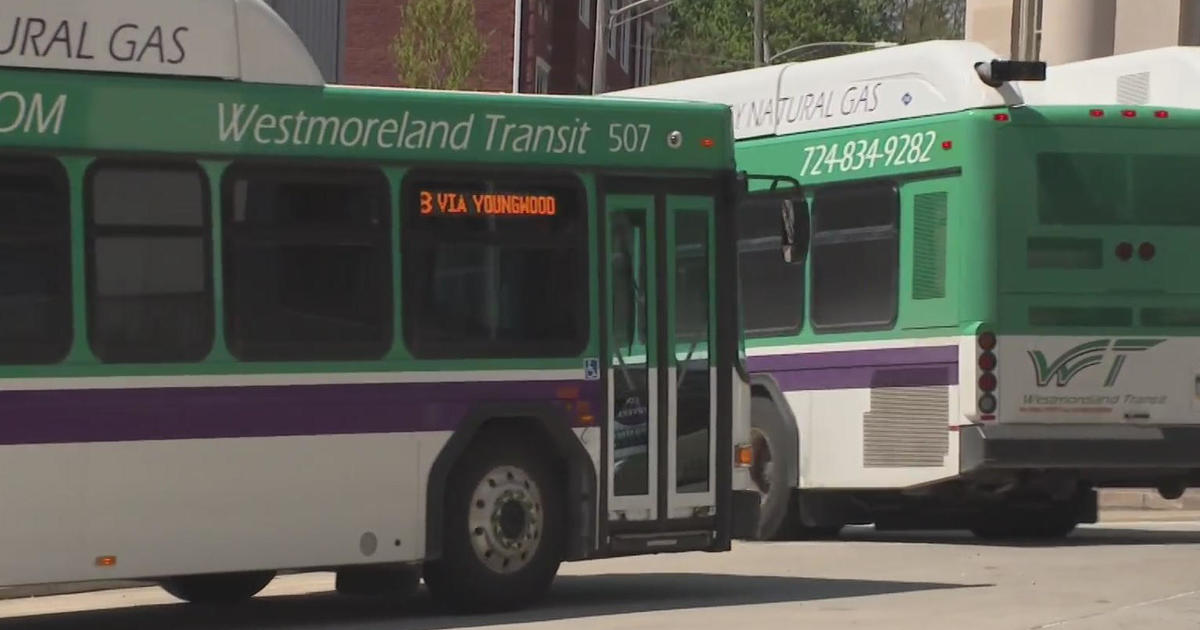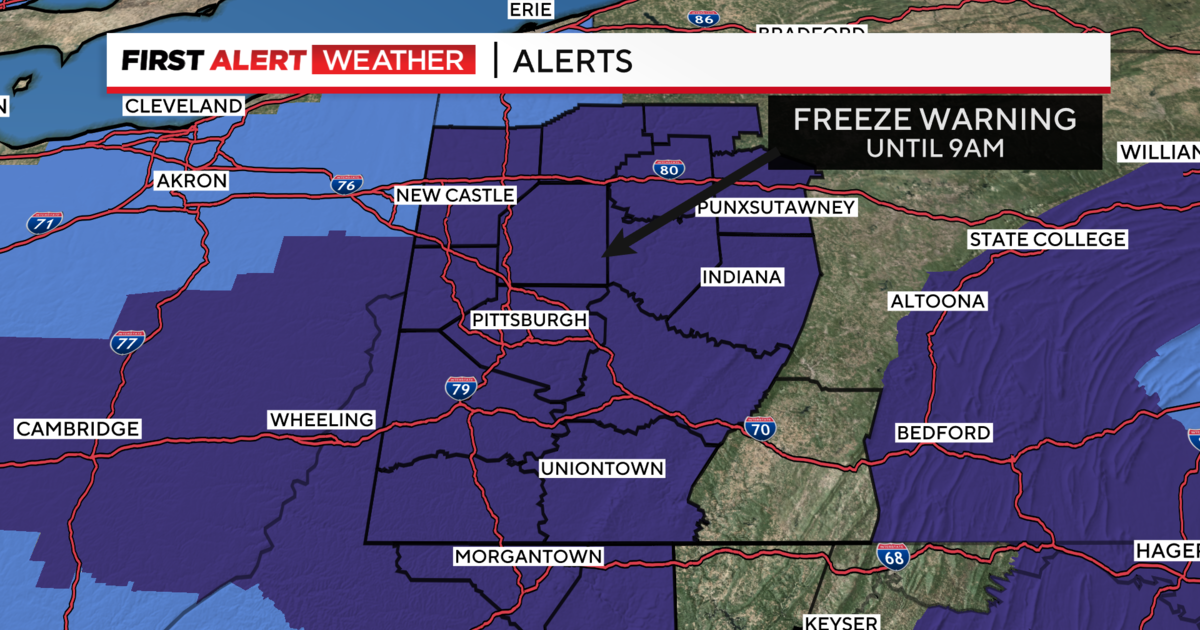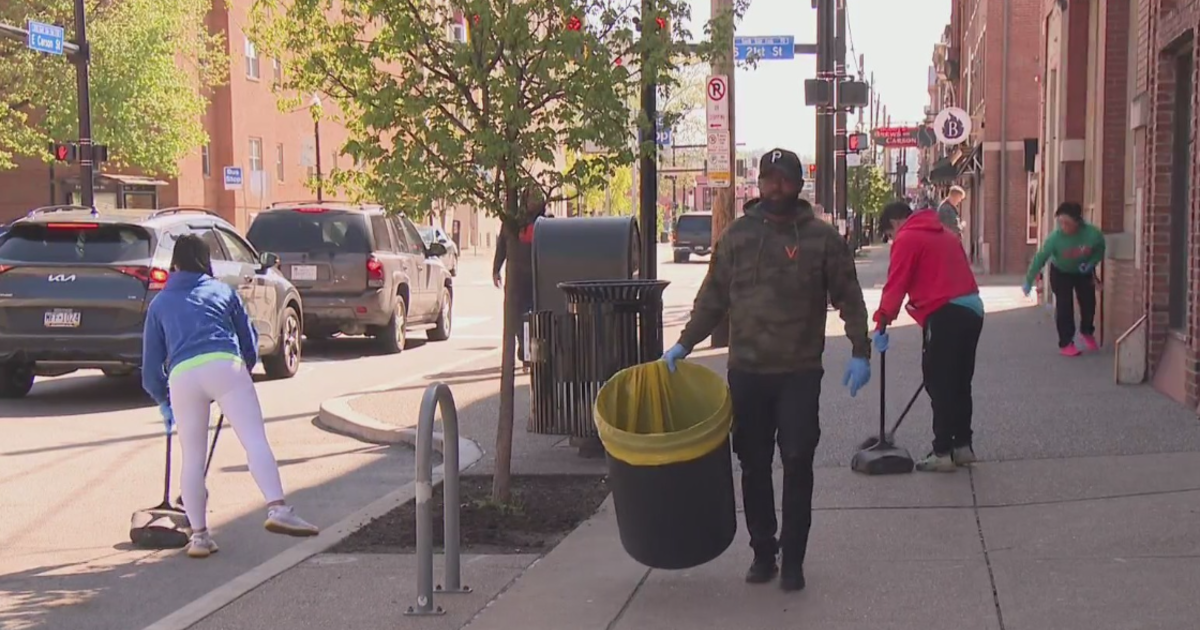Supreme Court Case On LGBTQ Rights May Make A Difference Depending On Where You Live
PITTSBURGH (KDKA)-- In a nutshell, the U.S. Supreme Court is being asked to decide a fundamental question.
Does the federal Civil Rights Act of 1964 -- which prohibits discrimination on the basis of sex -- also outlaw discrimination on the basis of sexual orientation or gender identity?
Right now, in most parts of Pennsylvania, you can be fired for being gay, lesbian, or transgender.
"You can be married to your partner -- nationwide it's legal," Christine Bryan of the Delta Foundation told KDKA's Jon Delano on Tuesday.
"But you can be fired from your job."
So this case before the Supreme Court is critical, say local civil rights advocates.
"It's very important," says Ciora Thomas of Sisters PGH.
"It's a pivotal moment of our lives for the LGBTQ people in Pittsburgh. We have been fighting for these same rights for decades."
Thomas is a transgender female of color.
"We've actually called employers and asked them would they hire transgender people, and we've gotten no's," she says.
Pennsylvania is one of those states that still allow employers, landlords, and public accommodations to discriminate on the basis of sexual orientation, gender identity, or expression.
"That's something that I think people are surprised to hear," observes Bryan.
The state legislature has not yet passed laws against this discrimination.
And while the U.S. House of Representatives passed the Equality Act this year, the U.S. Senate has not acted, which is why some want the Supreme Court to step in.
But some municipalities like Pittsburgh., have their own laws.
"If somebody is in an employment situation, if they're trying to apply for housing, or if they are already in housing and they are being asked to leave or evicted, or they are denied a public accommodation or a city service," says Megan Stanley, executive director of the Pittsburgh Commission on Human Relations, "and any of that is based on their sex, their sexual orientation, or their gender identity, or how they express their gender --- that is illegal in the city of Pittsburgh."
Whether the country follows Pittsburgh is now up to the nine Supreme Court justices.



